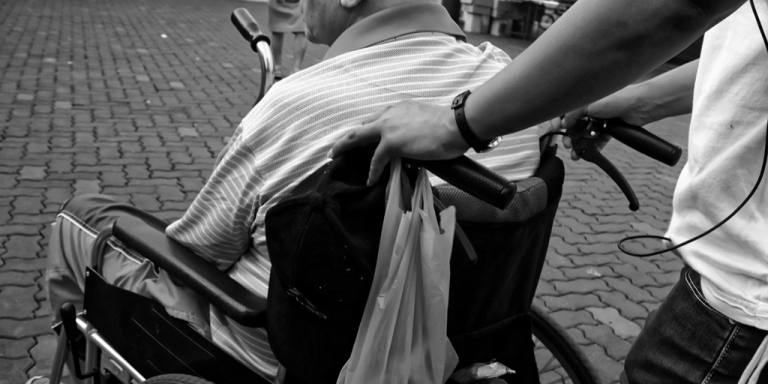New UCL research project investigates inequalities experienced by young carers
22 November 2022
The inequalities facing young carers is the focus of a new Nuffield Foundation funded research project led by a team at the ESRC International Centre for Lifecourse Studies (ICLS).

The research led by Dr Rebecca Lacey and Professor Anne McMunn will make use of four of the UK’s longitudinal studies to explore the longer term impacts of being a young carer to someone with a health issue or disability. It will focus on how caring affects health, wellbeing, education, employment, and social participation over time.
The £300,000 project will produce robust and unprecedented evidence to feed into programmes of support for young carers especially for those whose lives are most affected.
A recent paper by the team behind the project showed that around one in ten young people was providing care with many of them (more than half) doing so over a period of years.
Compared with non-carers, the young people in the study came from more disadvantaged backgrounds. They tended to be financially worse off, in less well paid routine or manual jobs, from an ethnic minority and to report poorer health, particularly if they were caring at two or more points across the 10 year period the researchers looked at.
Writing for ICLS’ Child of our Time blog the researchers say it’s time for young caregivers to be a major focus for policymakers and that a one-size fits all approach won’t work. Commenting on the grant success, Dr Lacey said:
This research will provide us with an urgently-needed, UK-wide picture of the inequalities that exist for young carers, and highlight the most vulnerable groups of young carers. We are particularly pleased to be working in close partnership with the Carers Trust and young carers themselves. They will help us to identify groups of young carers who might be most at risk of poor outcomes to shape the type of support and interventions that might be most effective.
 Close
Close

